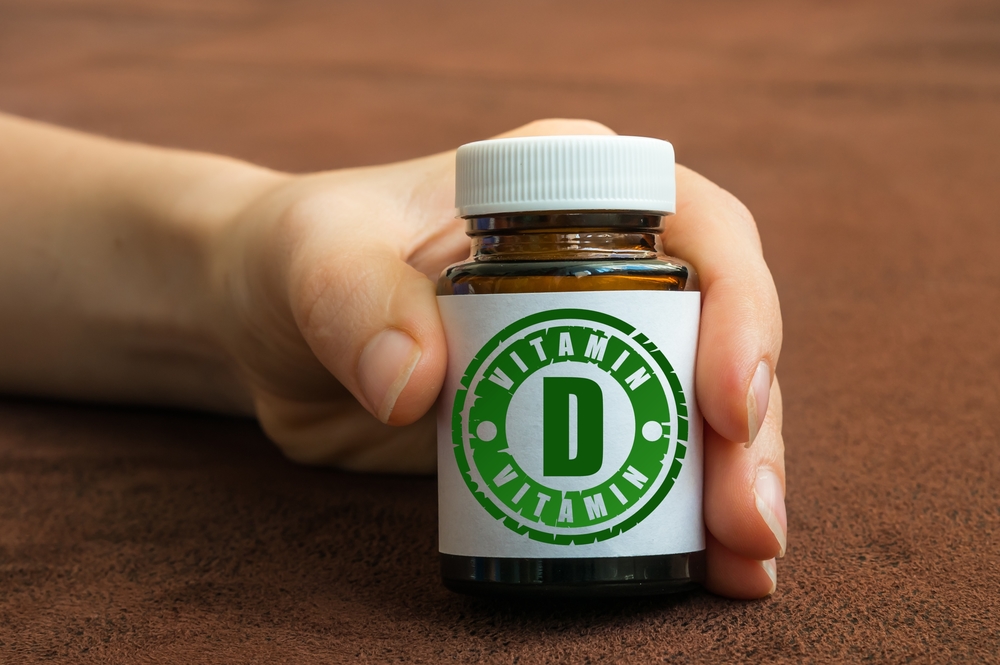80% of people in the UK used herbal medicine for health benefits
 Herbal medicines are popular among the public and they are considered as safe and natural remedies with a multiple of health benefits.
Herbal medicines are popular among the public and they are considered as safe and natural remedies with a multiple of health benefits.
Some popular herbal medicines include:
- Echinacea
- Ginseng
- Gingko Biloba
- Garlic
- John’s Wort
- Peppermint
- Ginger
According to a pilot survey in the United Kingdom, 80% of people in the UK used herbal medicine for health benefits, including:
- Health protection (74%)
- Disease prevention (38%)
- Disease treatment (49%)
Compared with pharmaceutical medicines, medicinal herbs are believed to be less toxic and bring fewer side effects to human bodies.
Though herbal medicines have not yet proved effective as a cancer treatment, some surveys have found that about 6 in 10 people with cancer use herbal medicines together with traditional cancer therapies.
There is limited evidence that herbal medicines can prolong survival, reduce side effects and relieve pain in cancer patients.
Many health care providers are positive about the use of herbal medicines in the UK, with 47% of medical professionals accepting the use of medicinal plants.
Some people naturally think herbal medicines are safe since they originate from natural herbs. However, they can have adverse reactions when interacting with other treatments. For example, ginkgo was found to interfere with other medications.
Also, some people are not suitable to take herbal medicines. For instance, people with liver or kidney disease would cause serious liver or kidney injury when taking herbal medicines. Pregnant or breastfeeding women should also avoid herbal medicines.
It is wise to speak to your doctor or pharmacist for advice before trying herbal medicines.


